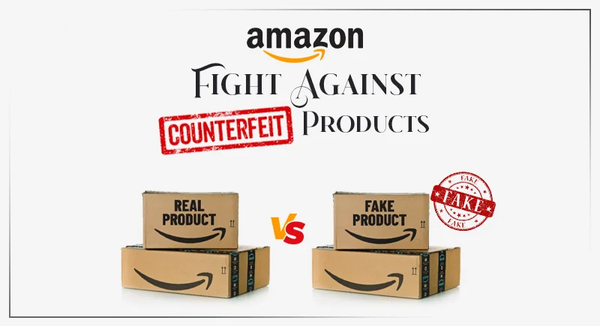Improving Australian Cotton Traceability: Research Highlights Key Gaps

Preliminary findings from a research project on tracing Australian cotton through the supply chain have revealed significant gaps that may hinder growers and brands from fully benefiting from sustainable practices. Spearheaded by Cotton Australia with support from the Cotton Research and Development Corporation and the Queensland Government, the project aims to identify and trial a traceability solution for the Australian cotton market.
Key Findings and Challenges
Lucy King, strategic advisor for Beyond Sustainable Retail Group, presented the research at the Australian Cotton Conference. The study highlighted that while Australia has a strong foundation for cotton traceability, there are notable inefficiencies. These include inconsistent and manual processes that can lead to errors in data correlation, particularly between the gin and export stages. Additionally, the research uncovered challenges in tracking cotton once it reaches spinners, where current systems lose control of the lint.
Stakeholders expressed concerns about the lack of return on investment for traceability technology, particularly when traceable cotton is sold as conventional cotton. The research also noted the inefficiency of the paper-based Cotton Australia licensing system, with many stakeholders opting for alternative digital systems for verification.
Potential Solutions
Stakeholders suggested that a future traceability solution should apply to all Australian cotton, be digital and user-friendly, and integrate with existing programs. This digital shift could protect premium pricing and manage risks around market access. Currently, Cotton Australia's barcode-based traceability system tracks cotton from farm to the spinning mill but struggles to maintain traceability beyond the spinning stage, especially when cotton is blended with fibers from other countries.

Legislative Implications
The importance of a robust traceability system was further underscored by upcoming legislative requirements. Debra Guo from Textile Exchange highlighted that the European Union is setting stringent sustainability standards for brands, necessitating reliable data-driven traceability systems to ensure compliance and reduce greenwashing. As global scrutiny on sustainability claims intensifies, traceability is becoming crucial not just for compliance but for maintaining consumer trust.




